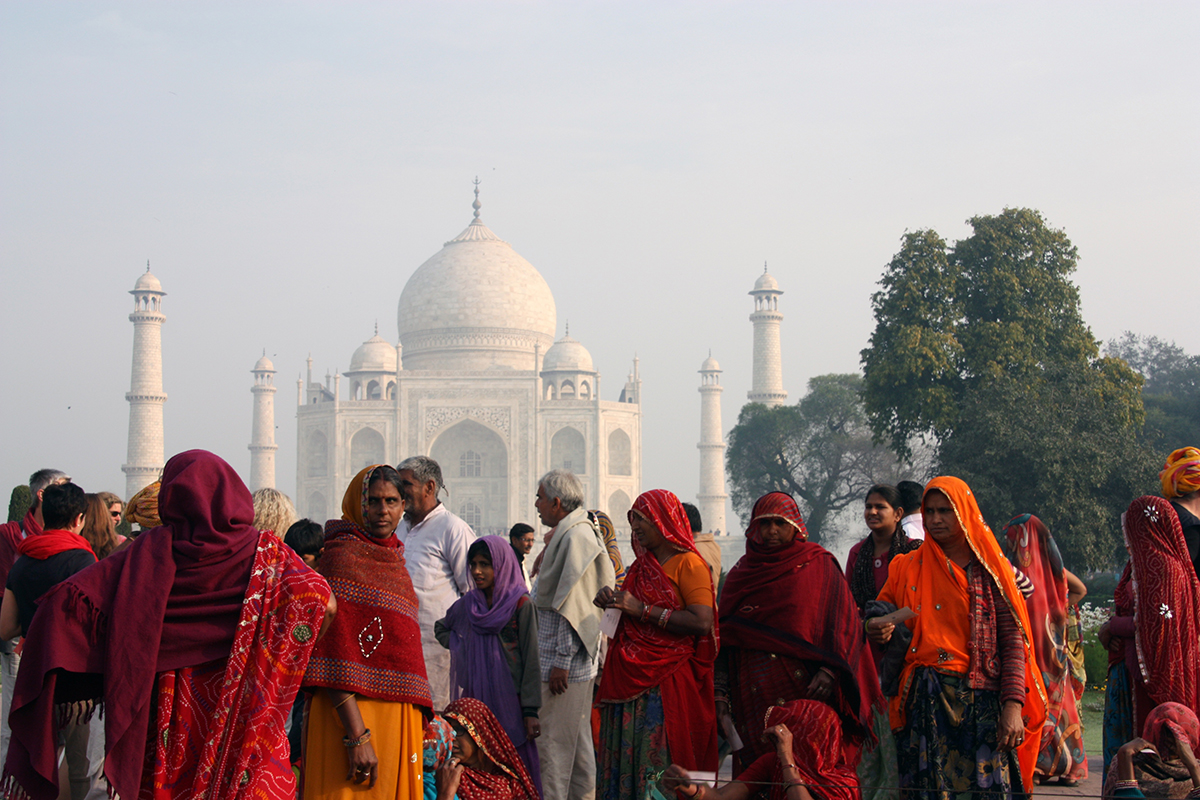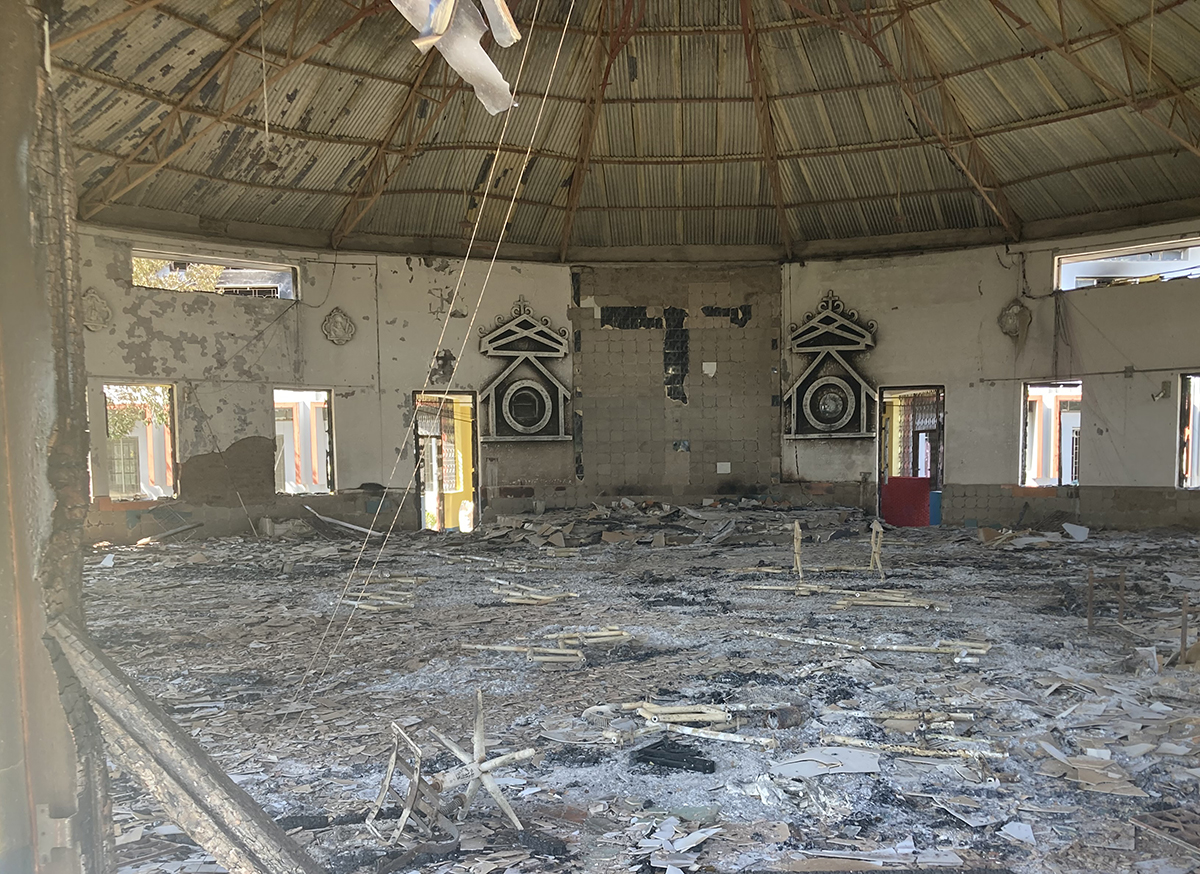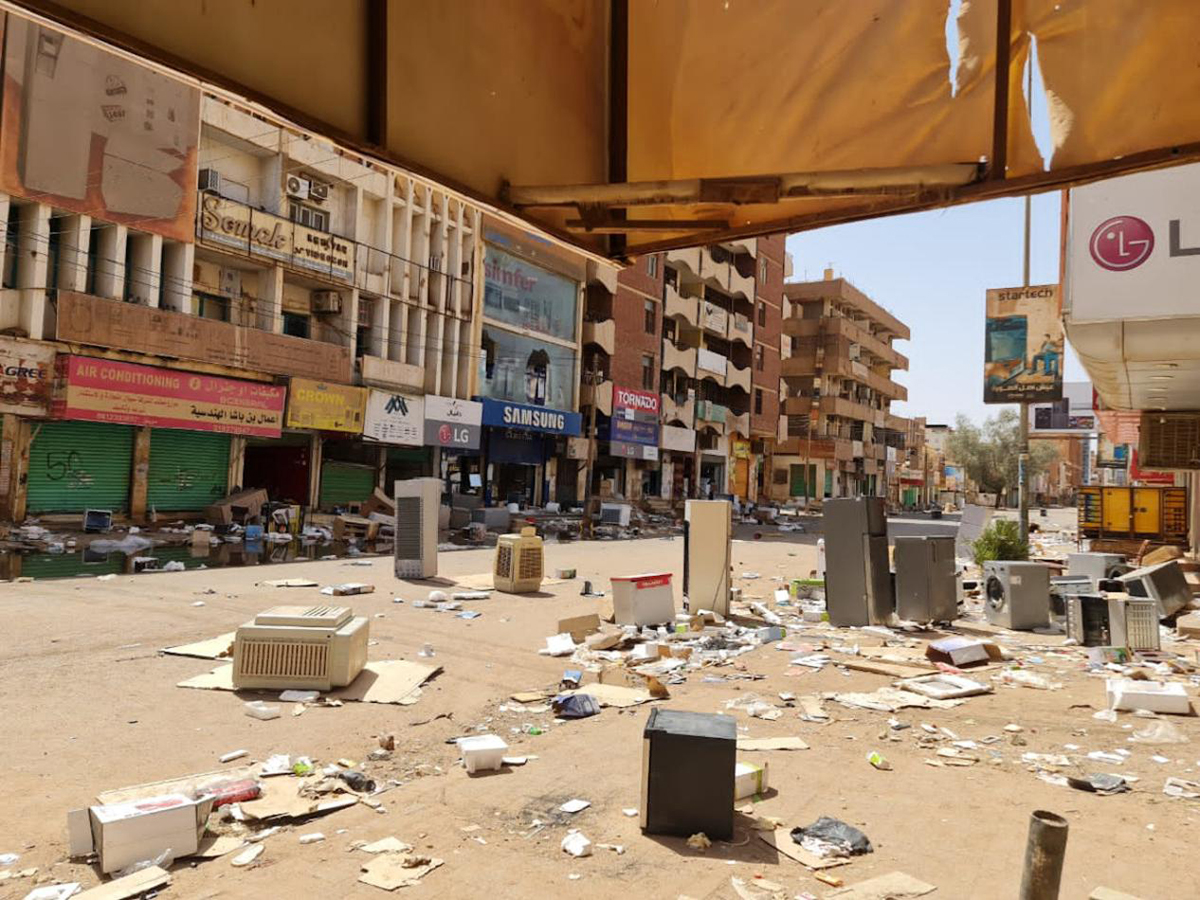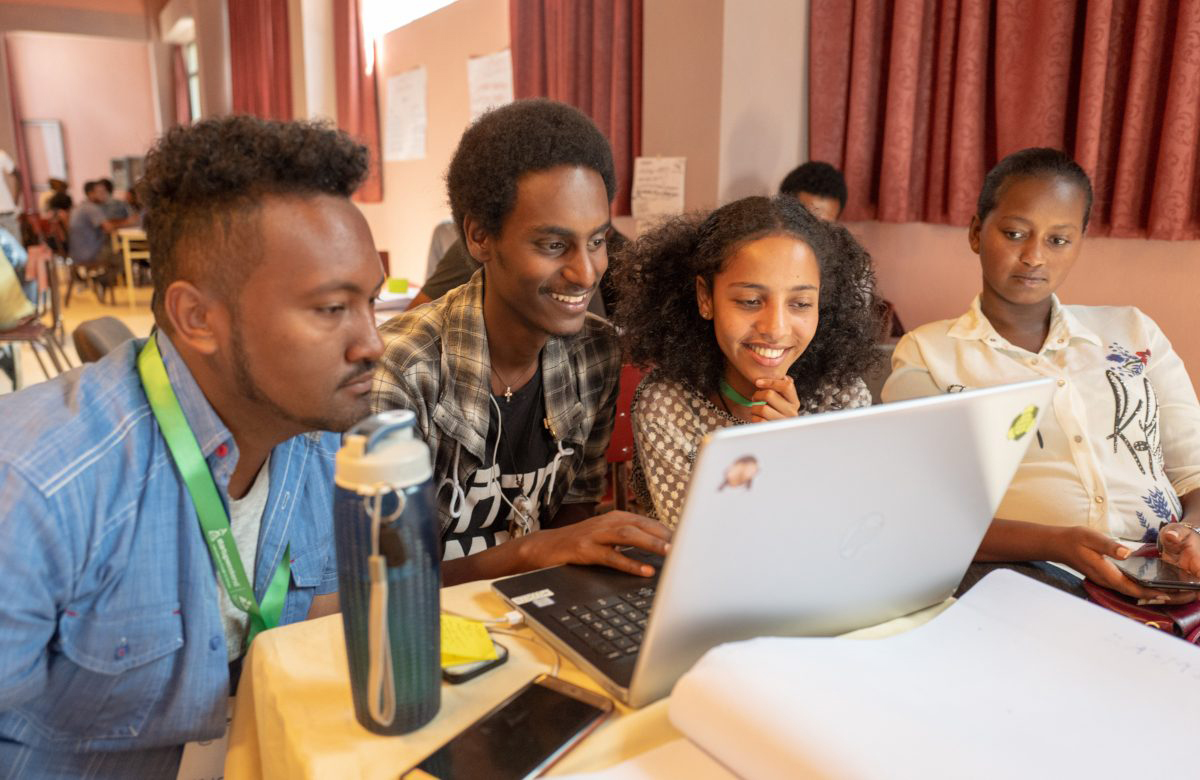
YOUTH: VOICES OF HOPE IN SOCIETY
The front cover image shows youngsters commemorating Youth Day at Orlando Stadium in Soweto, the same location where an uprising against the use of Afrikaans as a vehicular language of education took place in 1976.
Some might see June 16 only as a public holiday, nevertheless, gratitude goes to those who strived on behalf of the youth for an inclusive and better education. Many youths today still face great challenges and need strong support in order to receive an integral formation which prepares them for a bright future.
RADAR • YOUTH DRUG ABUSE
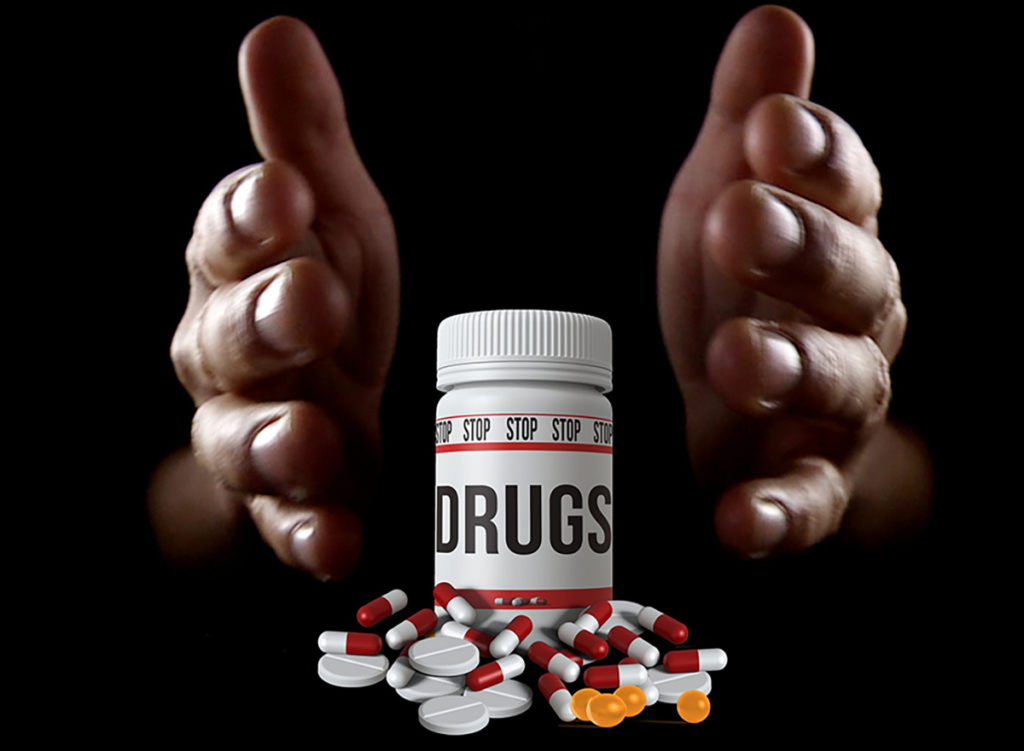
Church’s Pastoral Responseto an Emergent Holocaust
BY Fr Simon Mavhiya | Gweru, Zimbabwe
YOUTH DRUG abuse is a visible and widespread phenomenon. Many young people are dying from drugs. As described by Pope Francis, drug addiction is a new form of slavery and drugs are “a wound in our society” (General Audience, St Peter Square, April 13, 2016). What then is the response from the Church?
Emergent holocaust
Youth drug abuse is a situation which requires immediate action, in order to protect youngsters from the fatalities of drug abuse. Drug abuse is like ‘the concentration camps’ of Nazi Germany. Those trapped in it are subjected to the imprisonment of addiction.
Church’s pastoral care
The pastoral care of drug addicts is inspired by the teaching of the Church. Man, created in the image of God (Gen 1:26-28), participates in God’s life and receives human dignity as a gift from Him. Drugs and substance abuse destroy the integrity of the human person. When God looks at Man the first thing He sees and loves in him is His own image. Man’s image of God gives him the capacity to know and love God, his Creator.
Drugs do not allow a person to make free choices based on true human values. By taking drugs Man escapes the reality of his existence. St John Paul II teaches that drugs enslave a person. The Church calls upon all people to understand that drugs have nothing to contribute to the welfare of the human person. They will never give him/her true happiness which is found in God.
A synodal pastoral response
The gospel against drug and alcohol abuse should be proclaimed to all people both drug and non-drug addicts; people of all ages, men and women, of all religions and cultures. Drug abuse like other pandemics affects all, either directly or indirectly.
The Church as Good Samaritan
The Church has to pay special attention to those who are already addicted to drugs and alcoholism. We can compare them to the victim of the robbers in the story of the Good Samaritan (Luke 10: 25-37). Drug abusers and addicts are helpless victims. They need therapy and rehabilitation, to be accompanied on their journey, redress their past and reclaim their dignity as children of God. Like the Good Samaritan, the Church acts with compassion, without blaming the victim. Drug addicts represent the disfigured body of Christ. They need to be transfigured into the image of Christ.
Merciful father
Drug abusers and addicts suffer from bad labelling and stigma; society tends to exclude and avoid them. Their past tends to define them. The majority lost their careers and some had their family relations broken. The Church, like the Merciful Father, should look at them as the lost sheep to be found and like the prodigal son coming back to his father’s house (Luke 15:11-32).
Drug barons and traffickers
Drug barons and traffickers are children of God who need to be converted. Like in the story of Cain and Abel, they need to know that they are accountable for the loss of their brothers and sisters’ lives to whom they sell the drugs. They are also their brothers and sisters’ keepers. God demands, ‘’Where is your brother?’ (Gen 4:9-16). Like Zacchaeus in the Gospel, they should learn to live within their means (Luke 19;1-10).
Ongoing formation
The Church needs to design an ongoing formation program for all ages which treats extensively topics about human dignity and drug abuse. Children from tender ages and young people should be taught the importance of respecting their bodies and those of others. Such formation should be given to both Christians and non-Christians.
School curricula from Early Child Development (ECD) to University should include topics on drug and alcohol abuse. The Church, in collaboration with the Government and other civic organisations, should also design drug abuse programmes and workshops for employers and employees. Such programmes must ensure that people affected by stress and other problems will not resort to taking drugs.
Peer education
Peer education can be more effective when young people are involved in educating other youngsters on the dangers of drug abuse.
The Church cannot be silent while this holocaust is taking place. It is a different type of war in which the Church, governments and civil society must apply their minds together to defeat it.

